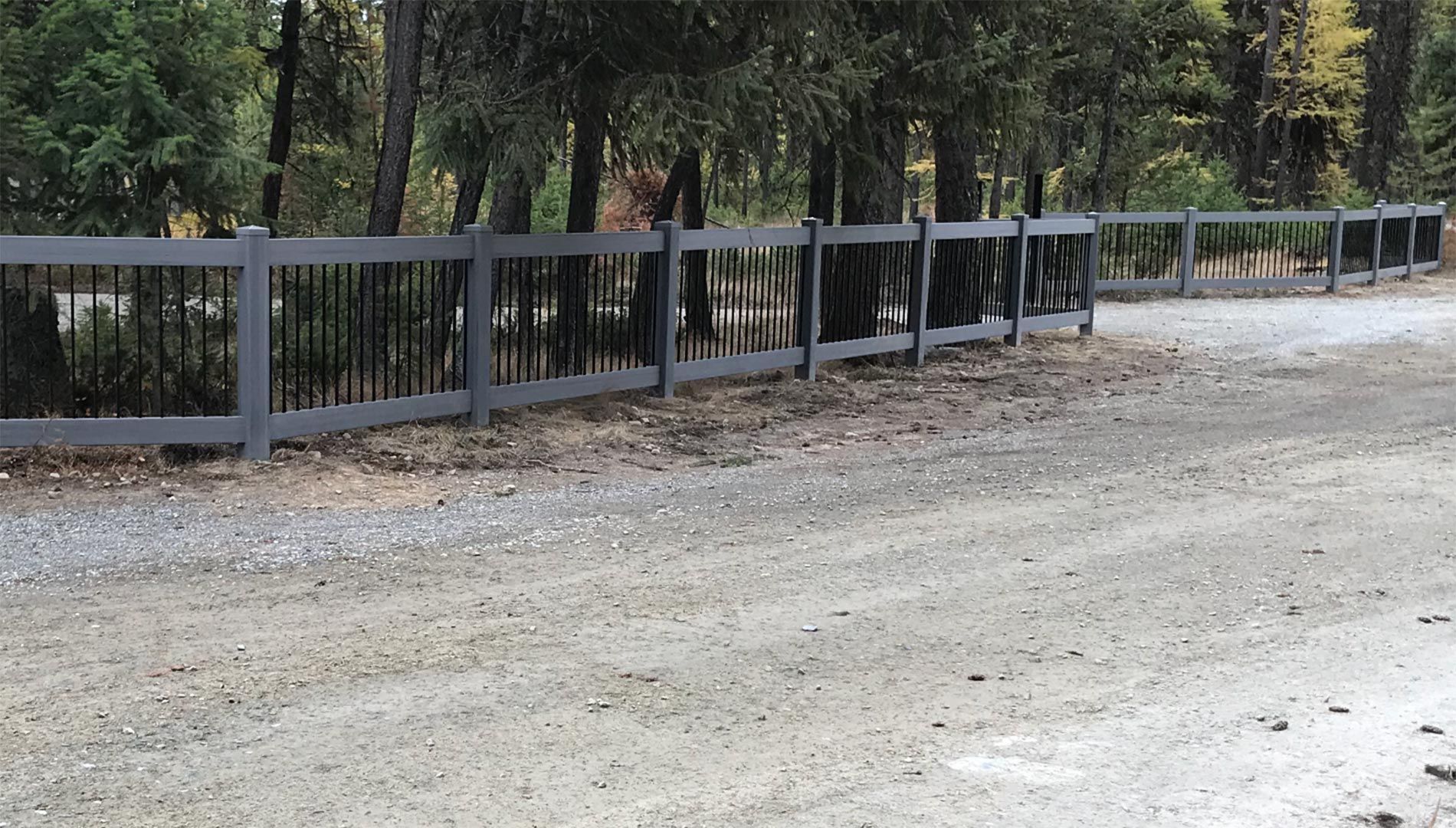Choosing the right fencing for your property can be challenging. Let’s break down the differences between continuous panel fencing and traditional options to help you decide.
Comparison of Materials and Costs
The materials you choose for your fence significantly affect its price and performance:
- Continuous Panel Fencing: Made with durable welded steel, continuous panel fencing offers excellent longevity. The initial price might be higher, but the minimal maintenance costs make it a wise long-term investment.
- Traditional Fencing: Comprising materials like wood, barbed wire, or vinyl, traditional fencing is often cheaper initially, but frequent repairs or replacements can add up over time.
Maintenance and Durability Factors
For weather resistance and overall wear, here’s how each fencing option stacks up:
- Continuous Panel Fencing: Designed for toughness, continuous panel fencing can withstand harsh weather and livestock-related impacts. It requires very little maintenance, typically only occasional cleaning or rust treatment.
- Traditional Fencing: Wooden fences can rot due to weather, while barbed wire and vinyl may degrade. Regular maintenance is required to keep traditional fences functional and visually appealing.

Appearance Comparison
The appearance of your fence plays a role in your property's overall appeal:
- Continuous Panel Fencing: With its clean and modern appearance, continuous panel fencing is suitable for both residential and farm settings, and can be tailored with different finishes and accessories.
- Traditional Fencing: Wood and vinyl fences evoke a traditional, rustic style, while barbed wire is more utilitarian in appearance.
Best Applications for Each Fencing Type
The purpose of your fence will dictate which type is most suitable:
- Continuous Panel Fencing: Perfect for securing livestock, delineating property boundaries, and in areas where high durability is essential.
- Traditional Fencing: Works well for smaller enclosures, decorative purposes, or areas with limited budget constraints.
Conclusion: Choosing the Right Fence
When choosing between continuous panel fencing and traditional fencing, consider your priorities:
- For long-term durability and low maintenance, continuous panel fencing is the clear winner.
- For a more budget-friendly or decorative option, traditional fencing might be the better choice.
Assess your needs, budget, and aesthetic preferences to make the best decision for your property.